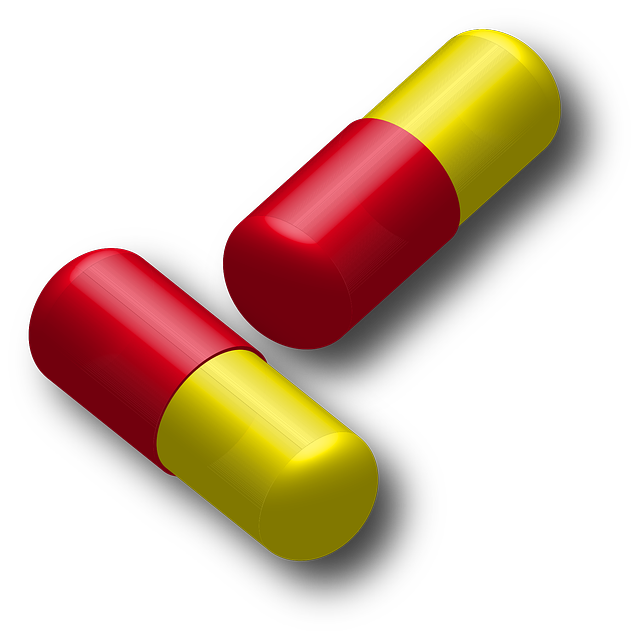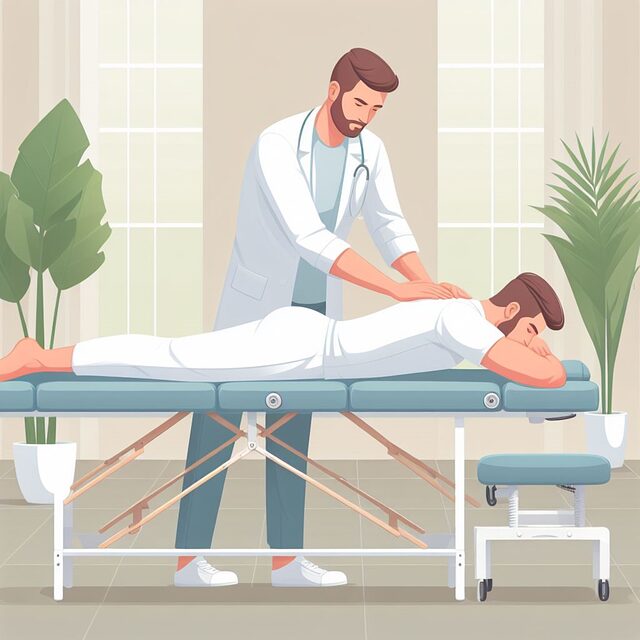Adolescent therapy is a specialized field addressing the unique needs of teens struggling with mental health issues and substance abuse, focusing on their distinct psychological and social considerations during adolescence. Tailored counseling methods create safe environments for open communication, peer connections, and healthy coping mechanisms, empowering teens to manage stress, resolve conflicts, and maintain well-being. Evidence-based approaches like cognitive-behavioral therapy (CBT), group therapy, and holistic healing methods have proven effective in treating addiction and teen depression while fostering long-term recovery through comprehensive adolescent therapy programs.
Adolescent therapy, a specialized mental health approach tailored for teens and adolescents, is crucial in addressing unique challenges that arise during this critical period. This article delves into the significance of targeted treatment for substance abuse and mental health issues among youth. We explore key components of effective programs, navigate the challenges, and highlight success stories. Understanding adolescent therapy is essential in fostering healthier, more resilient young adults. Discover how specialized approaches can make a profound impact on this vulnerable population.
- Understanding Adolescent Therapy: A Unique Approach to Mental Health Care
- Identifying the Need for Specialized Treatment in Teenagers and Adolescents
- Key Components of Effective Adolescent Therapy Programs
- Challenges and Success Stories: Navigating the Landscape of Adolescent Substance Abuse Recovery
Understanding Adolescent Therapy: A Unique Approach to Mental Health Care

Adolescent therapy is a specialized field that recognizes the unique needs and challenges faced by teenagers and adolescents struggling with mental health issues and substance abuse. This approach diverges from traditional adult therapy models, as it understands that the developmental stage of adolescence brings distinct psychological and social considerations. Teenagers are navigating a period of significant growth, self-discovery, and identity formation, which can make them more susceptible to various mental health disorders, including depression and anxiety.
The focus on adolescent therapy lies in creating a safe, supportive environment tailored to their age group. This involves using techniques that foster open communication, encourage peer connections, and promote healthy coping mechanisms. By addressing youth addiction and teen depression through these specialized counseling methods, adolescents can develop essential life skills for managing stress, resolving conflicts, and maintaining overall well-being. Adolescent counseling aims to empower young individuals to overcome challenges, build resilience, and thrive during this critical phase of their development.
Identifying the Need for Specialized Treatment in Teenagers and Adolescents

The unique challenges faced by teenagers and adolescents often require specialized mental health and substance abuse treatment. This demographic’s developing brains, coupled with societal pressures and peer influence, can make them more susceptible to various mental health issues, including depression and anxiety, as well as addiction. Teen depression and youth addiction are growing concerns, highlighting the need for tailored adolescent therapy.
Traditional general treatments may not adequately address the complex needs of adolescents. Specialized programs cater to these specific challenges by offering expert adolescent counseling that considers age-appropriate therapeutic approaches. By recognizing the distinct developmental phase of teenagers, these programs create a safe environment, fostering open communication and trust, essential elements in effective treatment for mental health issues and substance abuse among this age group.
Key Components of Effective Adolescent Therapy Programs

Effective adolescent therapy programs tailored to address mental health and substance abuse issues among teenagers share several key components. First and foremost, adolescent counseling should be centered around the unique needs and developmental stages of young individuals, acknowledging that their experiences and challenges differ from adults. This often involves creating a safe, non-judgmental space where teens feel comfortable opening up about their struggles, fostering open communication with both clients and their families.
Additionally, integrating evidence-based therapeutic approaches such as cognitive-behavioral therapy (CBT) has proven effective in treating youth addiction and teen depression. CBT equips adolescents with coping strategies to manage stress, recognize triggers, and change negative thought patterns, empowering them to make healthier choices. Group therapy sessions can also be valuable, providing a sense of community, peer support, and opportunities for learning from peers facing similar challenges.
Challenges and Success Stories: Navigating the Landscape of Adolescent Substance Abuse Recovery

Navigating the complex landscape of adolescent substance abuse recovery presents unique challenges for both professionals and young individuals seeking help. Teenagers often struggle with a myriad of factors, including peer pressure, family dynamics, academic stress, and mental health conditions such as teen depression. These underlying issues can exacerbate addiction, making it crucial for treatment programs to offer specialized adolescent therapy that addresses the whole person.
Despite these challenges, success stories within the realm of youth addiction recovery abound. Many adolescents have overcome substance abuse through tailored counseling sessions, supportive group settings, and evidence-based therapeutic approaches. Adolescent counseling centers that integrate holistic healing methods, family involvement, and aftercare planning have proven effective in fostering long-term recovery. These success stories not only highlight the resilience of young people but also underscore the importance of early intervention and comprehensive adolescent therapy in empowering teens to lead healthier, substance-free lives.
Adolescent therapy, with its specialized approach, is a vital tool in addressing the unique mental health challenges faced by teenagers and adolescents. By understanding their specific needs and tailoring treatment programs accordingly, we can effectively support young individuals on their journey to recovery. Navigating the landscape of adolescent substance abuse recovery involves recognizing both the challenges and success stories, guiding us to develop comprehensive therapy models that foster resilience and long-term well-being.

